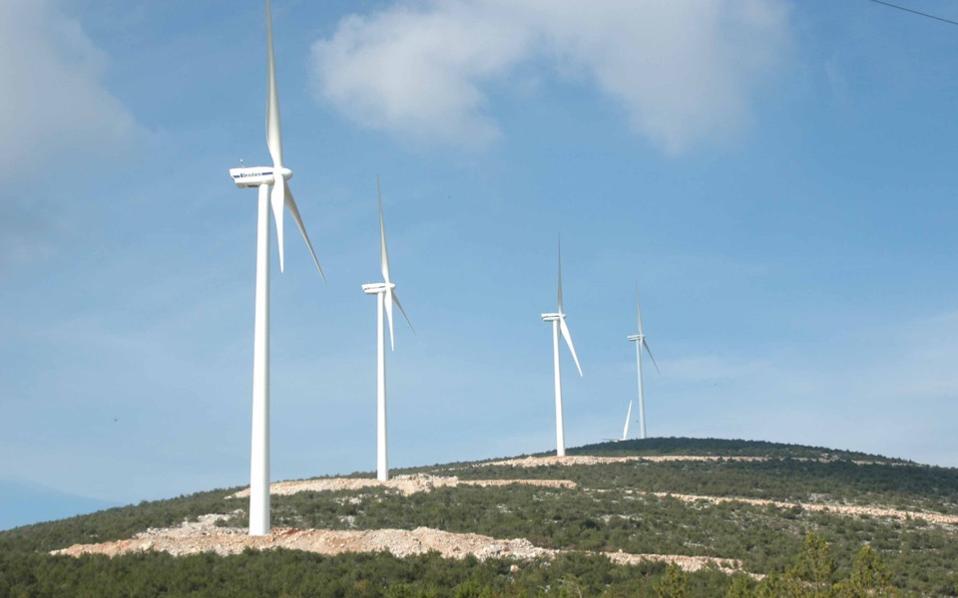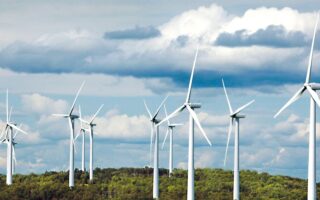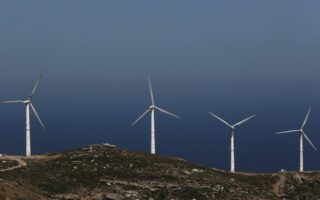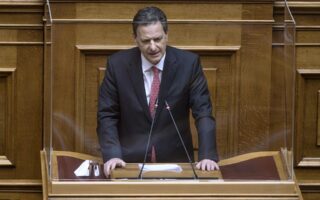Gov’t revising energy objectives

The government is distancing itself from the overambitious goals set by the European Union for the green transition, evaluating the effects on the growth of the Greek economy, the fiscal margins for the subsidies required to achieve these goals, and the endurance of households.
After the rejection at the recent Council of Environment Ministers by Secretary-General Petros Varelidis (who represented Minister Thodoros Skylakakis) to the proposal for a 90% reduction in greenhouse gas emissions by 2040, the ministry is readjusting the objectives of the National Energy and Climate Plan (ESEK), cutting a range of targets, with the exception of renewables.
The need to readjust the goals included in the ESEK, submitted to the EU last December, emerged as their implementation was found to limit Greek growth to 0.6% on average over the next 25 years.
The ministry has assigned the redefining of the goals for electric mobility, energy saving in residences and public and commercial buildings, hydrogen and other new technologies, at levels that ensure the growth of economy at least at 1.2% until 2050 to the Renewable Sources and Saving Center (KOPE). KOPE has, according to information, reached a draft it will present on Thursday to the committee set up by the ministry for the preparation of the ESEK.



